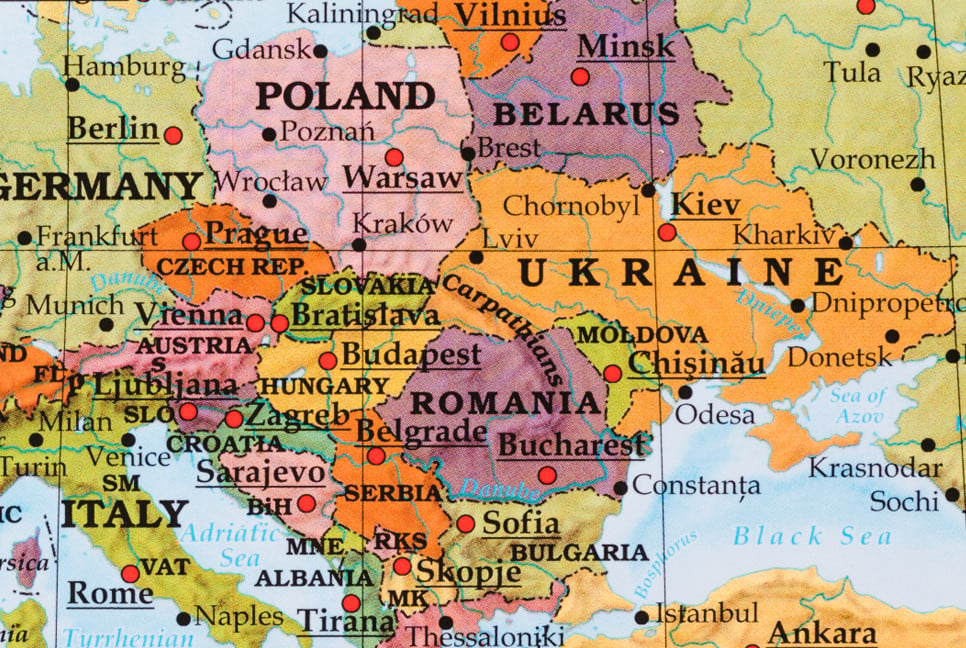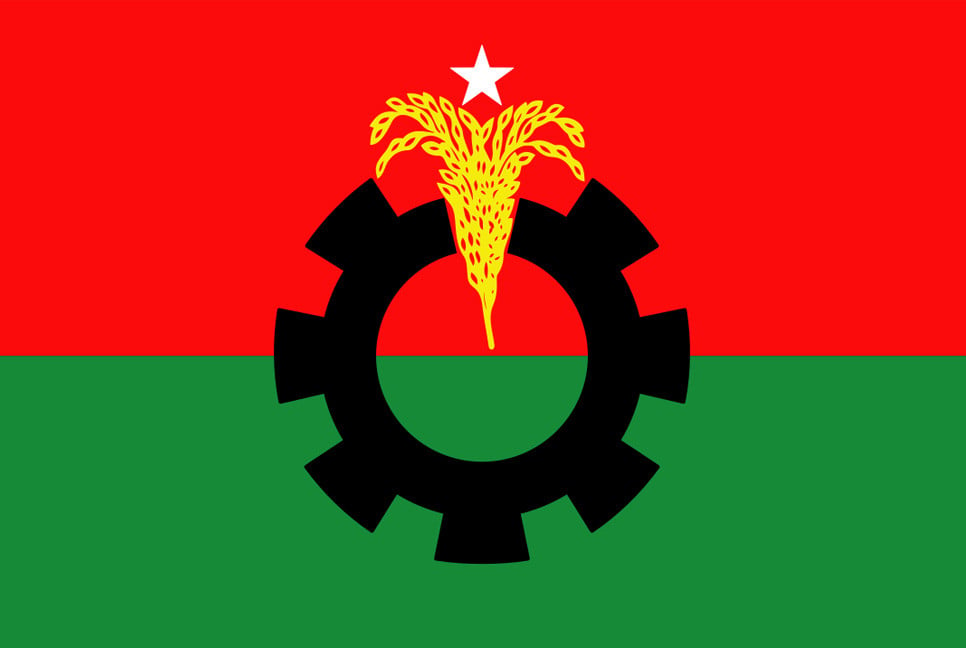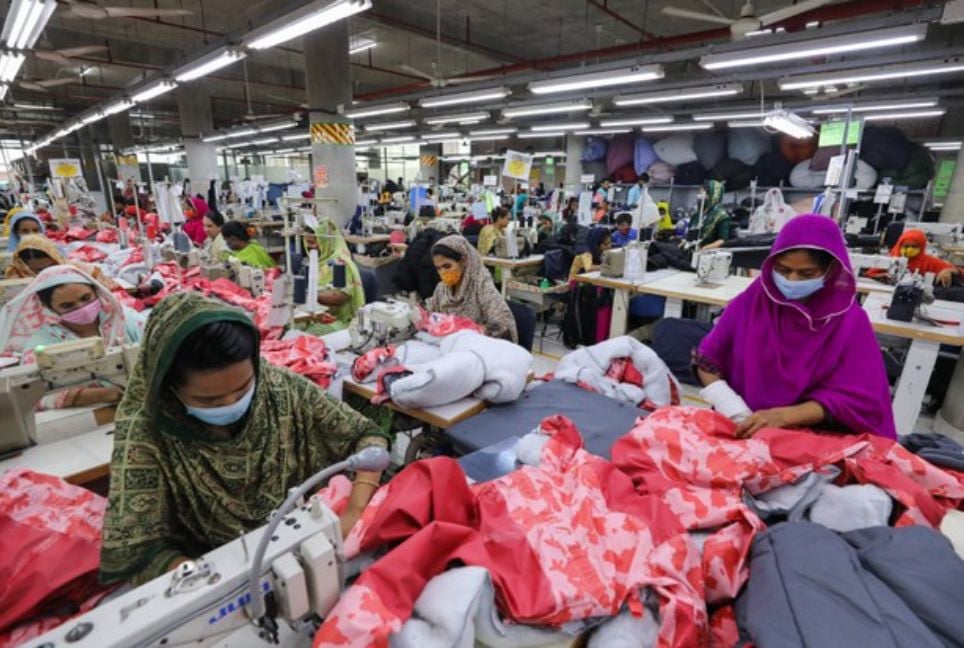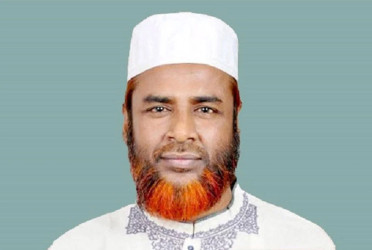Eastern European countries are increasingly looking abroad to address critical labor shortages across key sectors, with Serbia, North Macedonia, and Romania emerging as prime destinations for foreign workers.
In Serbia, a Southeast European nation classified as upper-middle-income, the hospitality, manufacturing, and construction industries are grappling with a workforce crisis. To alleviate the situation, the government has streamlined its previously complex immigration policies to attract foreign labor. With preparations underway for the Euro-Expo, a major upcoming event, demand for construction workers has surged. Bangladesh has been identified as a key source of potential workers, with opportunities expanding for those willing to relocate.
A similar scenario is unfolding in neighboring North Macedonia. The country has expressed an official interest in recruiting skilled workers from Bangladesh, particularly in the IT, healthcare, agriculture, and construction sectors. Earlier this year, North Macedonia reached out to Bangladesh’s Ministry of Expatriates to initiate a memorandum of understanding (MoU) to facilitate labor recruitment, though progress has since stalled.
Romania, meanwhile, has seen more than 35,000 Bangladeshi workers migrate to the country in just three and a half years, thanks to simplified visa procedures and abundant job opportunities. Romania’s appeal as a labor destination was further enhanced when it temporarily established a visa center in Dhaka, expediting the visa process.
However, the center was shut down following a scandal involving corrupt officials from the Bureau of Manpower, Employment and Training (BMET). As a result, the future of the Romanian labor market for Bangladeshi workers remains uncertain, with many visa applications now stuck in bureaucratic limbo.
Those concerned to the labor market said that there is a great opportunity to expand the labor market of Bangladesh in Eastern European countries like Serbia, North Macedonia, Montenegro. Until now it was possible to send a very small amount of manpower, but now it will be possible to send thousands of workers to agriculture, garments, factories and hotels there. There are job opportunities in these countries for a minimum of 550 Euros to 850 Euros. Also, not having to go to another country for a visa has also emerged as a special opportunity.
However, the labor market opportunities in Eastern Europe require several initiatives. Because the tendency of Bangladeshis fleeing from these Eastern European countries and entering other European countries has become a cause of concern. Already, Romania's promising labor market has been damaged by the exodus trend.
An official of the Ministry of Foreign Affairs, who has worked with Eastern Europe and Balkan states for a long time, said that the labor market of Eastern Europe has huge potential for Bangladesh. For example, Serbia alone has issued about 100,000 skilled foreign worker visas. Because they need 500,000 construction workers to host the Euro Expo in 2027. Various initiatives have been taken to meet the needs of this worker in a legitimate way.
Apart from that, every year 30 thousand Serb citizens migrate to different countries. Most of them are young people. That's why they have a shortage of staff. For this reason, Serbia has an initiative to hire new workers. By 2023, at least 50,000 migrants have legally obtained work visas for Serbia. Bus drivers from Sri Lanka have been taken to Serbia to solve the crisis in the transport sector. The chef of the restaurant is taken from India. Staff have also been recruited from Nepal. So now Bangladesh government needs to take initiative to catch the labor market of Serbia. Otherwise, like other labor markets in the world, Serbia may lose the potential labor market to Nepalis, Indians or Sri Lankans.
He said that the Ministry of Foreign Affairs has already discussed with some countries to create a large labor market for Bangladeshis in Eastern Europe. There have been several meetings. Balkan states want to deport illegal residents. There is pressure on them from the European Union in this regard. They go to discuss about these. Now the situation is different so there is an opportunity to take new initiatives.
Lokman Shah, the owner of the private recruiting agency Asia Continental Group BD, which has been working with the European labor market since 2008, told Bangladesh Pratidin, “The chief advisor in the talks with the countries of Eastern Europe. There is a great opportunity to exploit the image of Dr. Muhammad Yunus. Dr. If the labor market is discussed keeping Yunus in front it is possible to prevent the labor market of Eastern Europe from going into the hands of India and Nepal. A large alternative labor market of Bangladesh can be created through this. Along with that, the new labor market of Eastern Europe can play a major role in the GDP of Bangladesh.”
(Translated by Tanvir Raihan)































































